
What exactly is VPN?
What exactly is a VPN? There has been a lot of buzz around it, but why do we need it?
713 articles

What exactly is a VPN? There has been a lot of buzz around it, but why do we need it?

So your social media photos are public, great. Ever wonder what could happen when they get stolen?
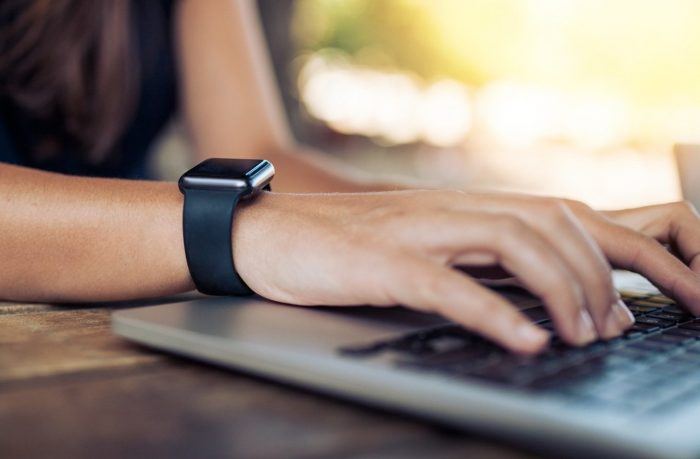
Researcher shows that using data from motion sensors built into a smartwatch one can recognize numbers you press on a numpad. How can that affect your security?

Vendors claim, that a fingerprint sensor in your smartphone is user-friendly and really secure. But it’s not true.

The IoT is inherently lacking in security. Make sure a hacker can’t talk to your kids via baby monitor.

Our bionic man Evgeny Chereshnev shares his thoughts on CES 2016, talks security issues in the not-so-groundbreaking tech products introduced at the show.

Fix your cybersecurity problems with this 12-month resolution.

A system integrator discovered a virus lurking in a policeman’s body camera

Quantum computers are said to be coming soon. They will definitely change the information security paradigm. How you can prepare to this shift?

Kaspersky Internet Security for Android can protect data on your mobile from the long arms and sticky fingers of pocket thieves and cybercriminals

Facebook will now let Google index the mobile app from the search engine.

Popular online messengers cannot be considered secure enough, yet people continue to use them to exchange private and critical information.
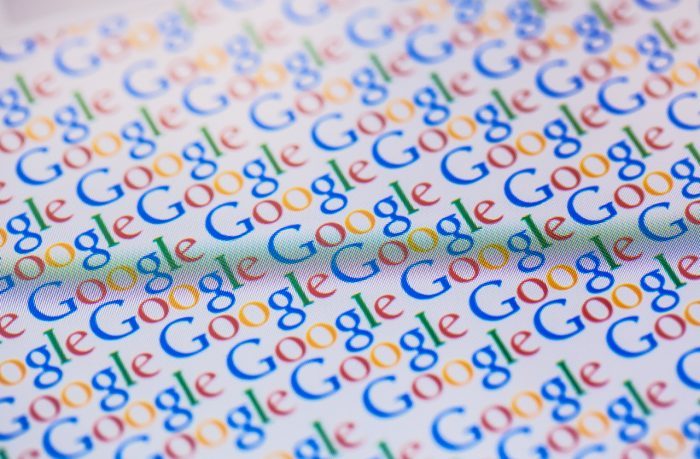
What does Google know about you and me? Let’s check it with the new “About me” tool.
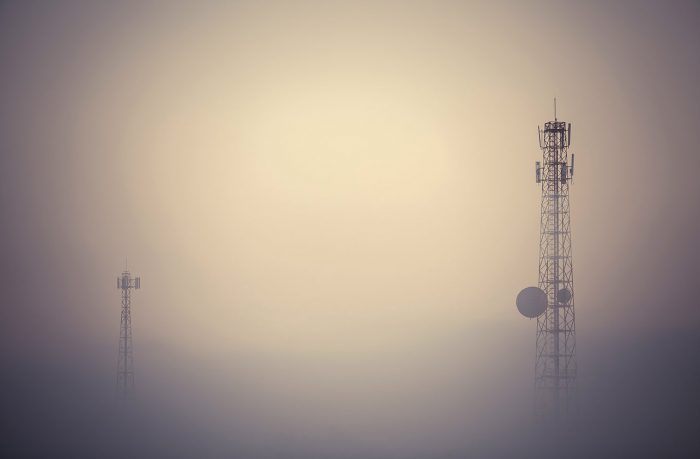
Criminals can use VoLTE to cause connection failure, subdue voice calls, or strip the victim’s mobile account of money.

The world is a reality TV show and sometimes we cannot resist the opportunity to snap up our piece of fame. We are posting funny pics of ourselves to amuse
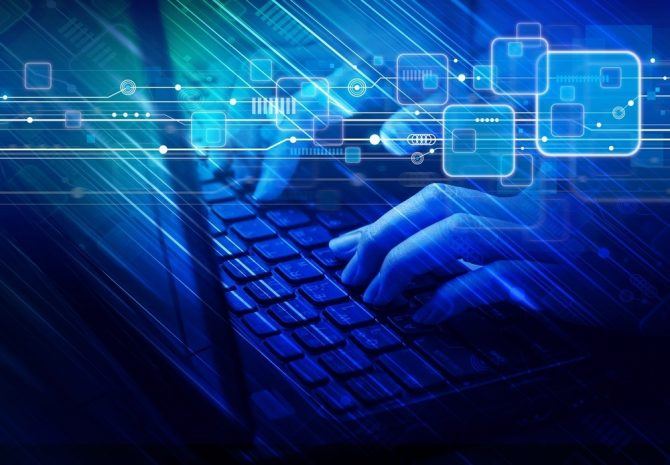
Apple users say their Macs are a more secure working tool than Windows-based PCs. Unfortunately, it’s not exactly true.

What if you could be sure that your kids use Internet safely while their mobile phones are protected from fraud, unwanted calls and SMS? All you need for that is Kaspersky Safe Kids!

In this edition of Security Week infosec digest we’ll cover threecases of companies being hacked and data being leaked and companies reacting on the incidents.

Tips and methods of hacking global surveillance: makeup, special clothes, eyeglasses and more.
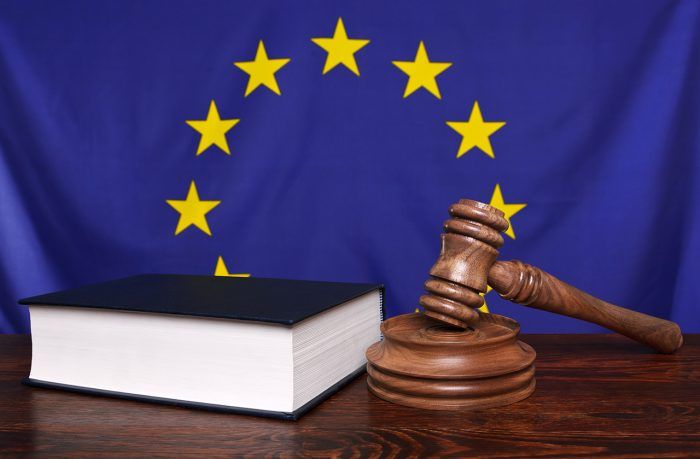
Yesterday The European Court of Justice ruled that the Safe Harbor agreement is invalid: what does this decision mean for your personal data?

Are you committing these six online parenting sins? If so, please stop.